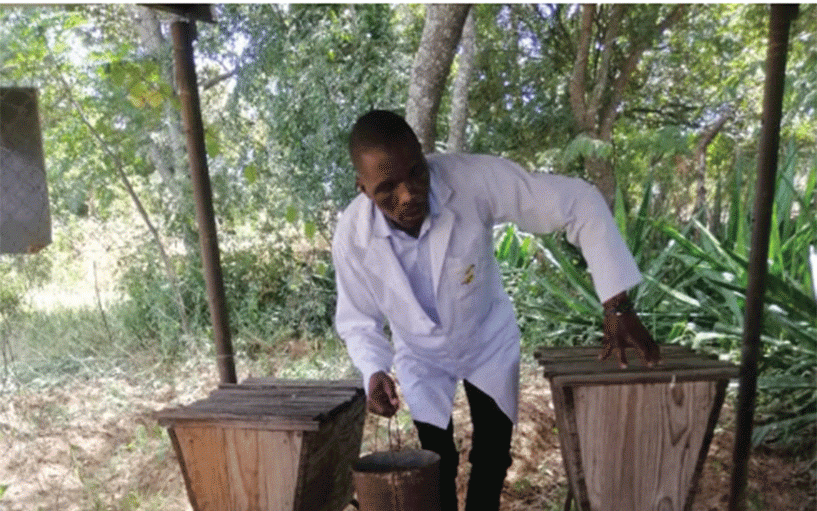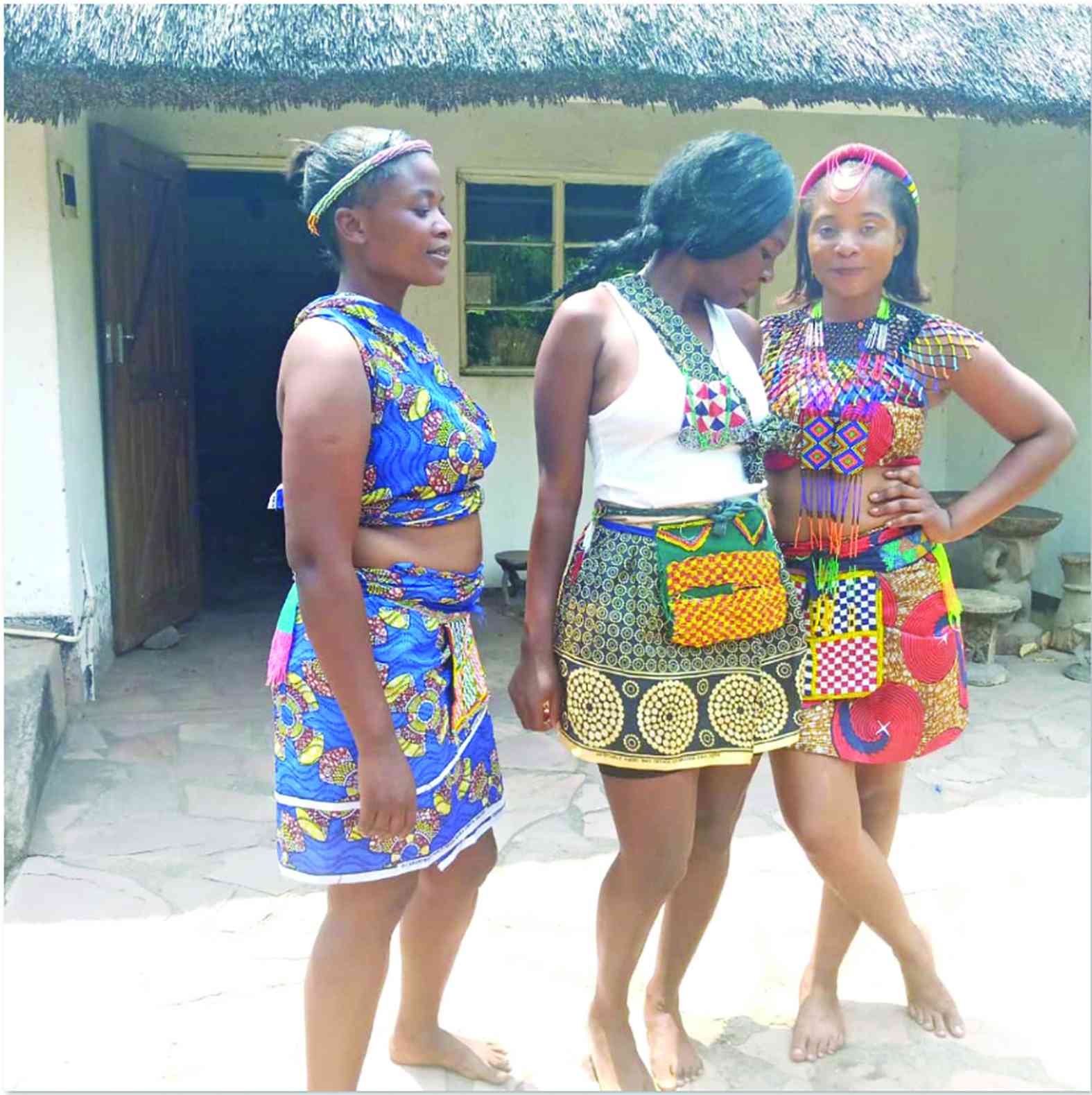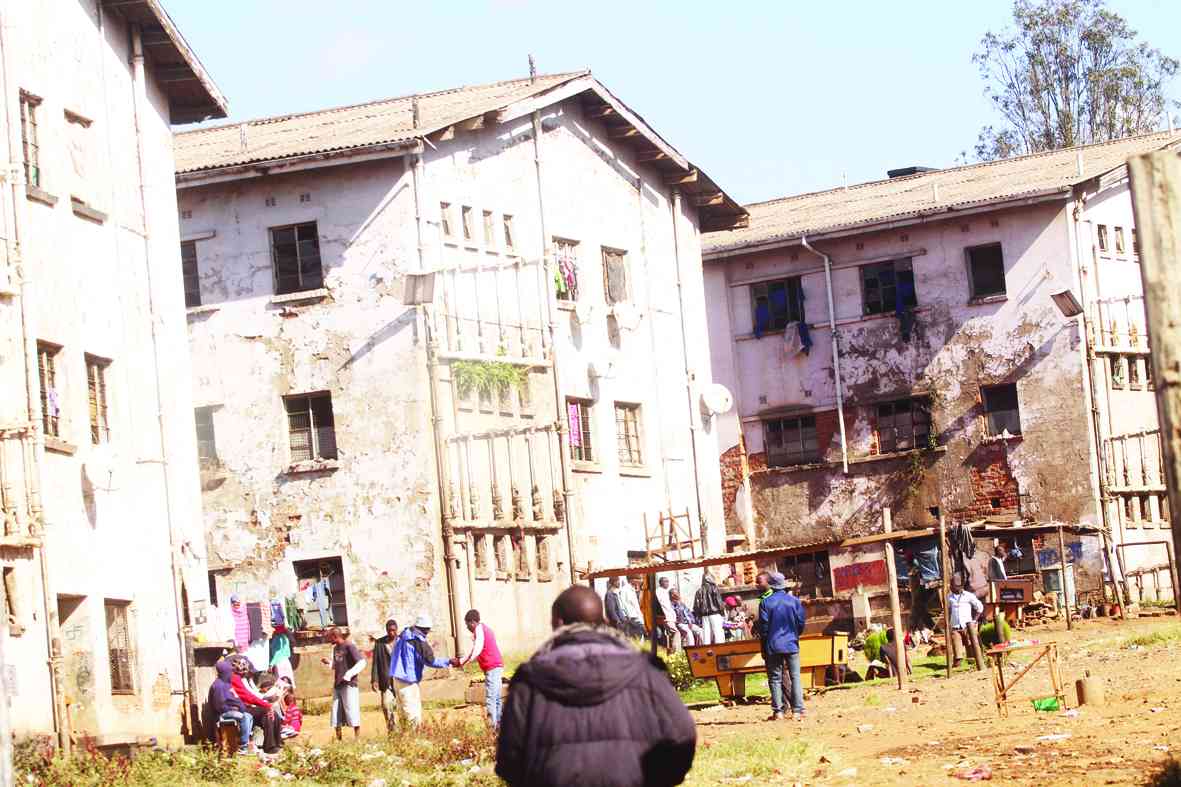
WALKING up and down in the tall grasses and thick bushes risking being bitten by black mambas and king cobras has become a daily routine for Bothwell Patsika (42) who has come to realise that the benefits of the exercise far outweigh the risk of dying from a snake bite.
Patsika is into apiculture, the art of beekeeping and honey production which he plies along Chimanimani mountains in Manicaland province.
On any given forage in the verdant forests every three months to harvest honey from his more than 400 hives, he scales at least four mountains — Guhune, Chikofa, Muzambiya and Mhandarume — in Chief Mutambara’s area of Chimanimani.
After harvesting, he travels more than 400 kilometres to Harare’s dormitory town of Chitungwiza where he has set up a makeshift tuckshop for the honey.
He started his project in 2008 during the country’s worst-ever economic downturn when hyperinflation peaked to over 500 billion percent, shutting down companies and rendering thousands jobless.
Redundant, Patsika hatched his business plan after recalling that his late father used to be a beekeeper for family consumption only. He realised that there was potential in honey production and immediately decided to earn a living by selling honey to the country’s urbanites.
“I got this business concept from my late father, who had makeshift traditional beehives which he used to harvest to feed the family, particularly on special occasions,” he recalled.
“I then decided to make professional beehive boxes which are scattered all over Guhune, Chikofa, Muzambiya and Mhandarume mountains about three kilometres from my home area. To date I have 420-450 beehive boxes which are all occupied by bee colonies.
- Feature: When beekeeping becomes a livelihood
- How long is a piece of string?
- Tuck shops: Rise of the grey economy in Zim
- Tuckshops running shadow economy: Nyoni
Keep Reading
“I sell a 0,5-litre container of honey for $5 and one beehive produces an average of 25 litres of unprocessed honey, which translates to about 20 litres of processed honey,” he said.
To acquire the required skills and knowledge on beekeeping, he enrolled for training on apiculture through non-governmental organisations.
“The rest is now history,” he chuckled.
Through hardwork and perseverance, Patsika has seen his business grow from strength-to-strength such that he is challenged to employ more manpower to cater for rising demand.
“Due to the growth of my business, after every three months I normally harvest 630 litres of honey.
“I have employed four people, who assist me with harvesting, filtering and selling the honey. Since the business is growing at a faster pace, my wish is to go commercial and hope to buy state-of-the-art equipment in South Africa where a honey extractor machine is sold at a reasonable price of R20 000.
“Furthermore, I wish to have proper protective clothing, especially when harvesting, such as a beekeeping suit, which consists of long sleeves and long pants to protect the beekeeper. Sometimes bee suits come with a hat and veil as well as an overall, gloves and gumboots.”
Despite the country’s unrelenting economic challenges, the year 2023 marks 15 years of an energy-sapping journey for Patsika.
“Through apiculture, I’m currently able to pay school fees for five underprivileged children at Nhedziwa Primary School in Mutambara.
“I have also managed to build proper accommodation for my family, send my children to school and buy a vehicle which helps me to be mobile when conducting my day-to-day business,” Patsika said.
Although he has achieved success, Patsika’s story cannot be complete without mentioning the struggles he encountered.
“I have encountered a lot of challenges, especially with honey badgers which from time-to-time wreak havoc on my beehives, as well as thieves who are forcing me to employ extra manpower to patrol the mountainous area.
“I have big challenges, particularly when harvesting, there is no good road network such that I use a scotchcart to ferry the harvested honey, thereby taking more time,” he told NewsDay.
Patsika also does not have a proper selling place for his honey and his makeshift tuckshop has been demolished several times by the Chitungwiza municipal police.
The weather has also affected his business as the Eastern Highlands has of late been receiving unusually heavy rains that are destroying his beehives.
“I made a huge loss in 2021 when Cyclone Idai demolished almost half of my beehive boxes and it forced me to go back to the drawing board.
“I also have problems with diseases that attack my bees such as chalkbrood, acarapisosis and varroosis,” he said.
Beekeeping has been described as one of the thriving businesses in places like Manicaland province where the climate is conducive. Besides honey, apiculture produces wax, which is mainly used to make candles.
Patsika hopes to one day tap into the Chinese market, which is the world’s largest consumer of honey, where 238 000 tonnes of honey are devoured annually.











